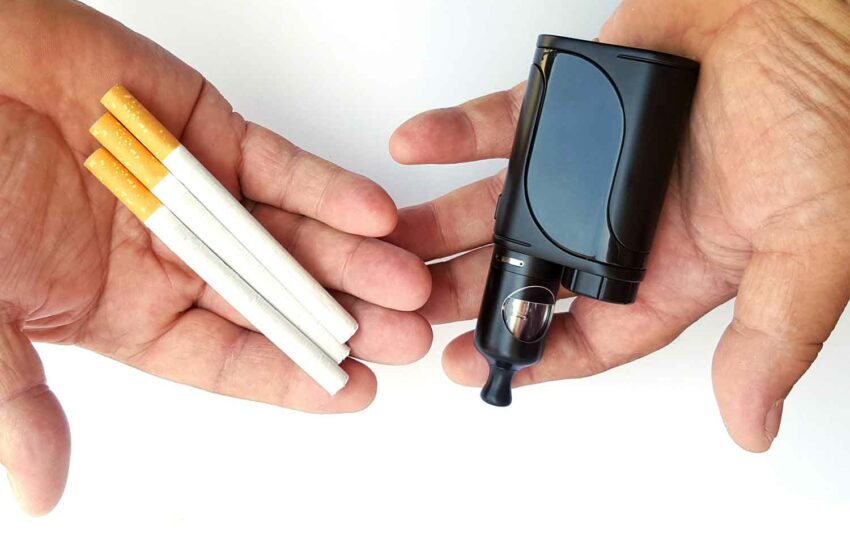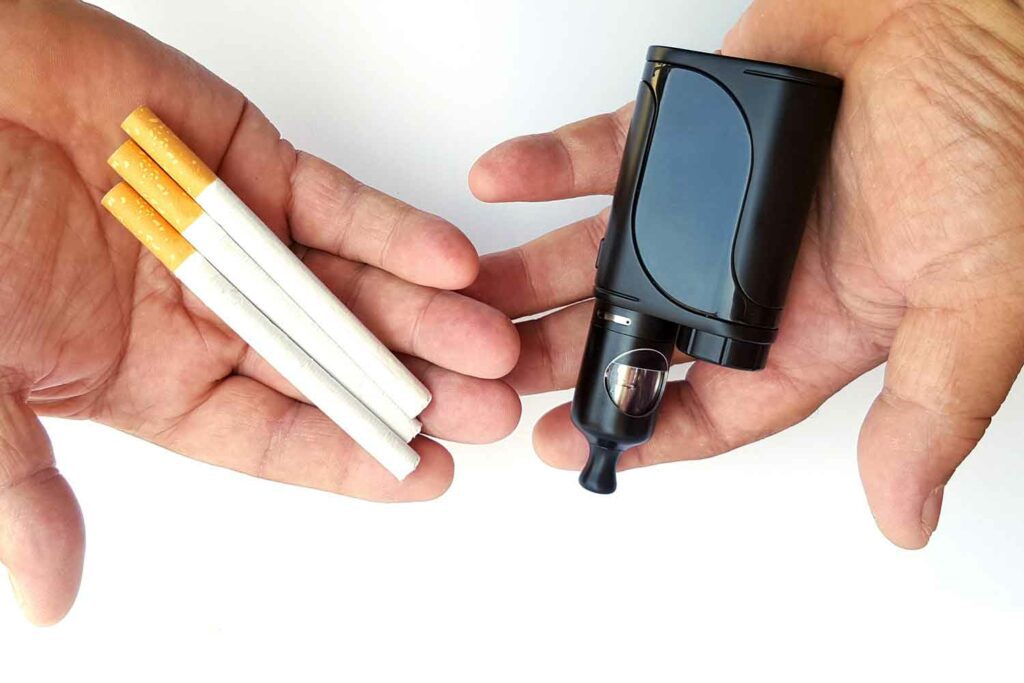Royal College Releases New E-cig Report
- Featured Harm Reduction News This Week
- April 23, 2024
- 0
- 4 minutes read


E-cigarettes represent a valuable aid in smoking cessation, but more can and should be done to reduce their appeal, availability and affordability to nonsmokers and reduce environmental harms, according to a new report by the Royal College of Physicians (RCP) in the United Kingdom.
The results are summarized in over 50 recommendations, which explore trends in combustible tobacco use and vaping products; the differences in health effects of vaping in people who smoke, vape or do neither; ethical dilemmas presented by e-cigarette environmental damage; and the role of the tobacco industry in the rising use of e-cigarettes.
The RCP report concludes that:
- since the 2016 RCP report, the evidence of the effectiveness of e-cigarettes as an aid to quitting has become much stronger;
- use of e-cigarettes by young people and nonsmokers has increased substantially in recent years;
- prompt remedial measures are needed to curb youth vaping without undermining use by adult smokers as an aid to quitting; and
- the government should commission a series of regular evidence updates on the use and effects of nicotine products to guide policy.
Regarding the effectiveness of e-cigarettes as a cessation tool, researchers emphasize that e-cigarettes should be promoted as an effective means of helping smokers to quit smoking tobacco, particularly focusing on those population groups that could benefit the most, such as patients with mental disorders or those who experience socioeconomic disadvantage and people living in social housing.
Regarding potential health side effects resulting from vaping product use, researchers carried out a review of biomarkers of exposure to and harm from e-cigarettes using data published between 2021 and 2023 comparing people who vape, people who smoke, people who do both (dual use) and people who do neither.
Although lower levels of harmful substances were found in vapers compared to smokers for many of the biomarkers analyzed, researchers conclude that agreement needs to be reached on the methods for vaping health risks research, including which biomarkers are the most relevant to study regarding the relative and absolute risks of vaping, to draw accurate conclusions. Studies with larger samples are needed both on vapers with a history of smoking and on vapers who have never smoked.
The RCP report insists on finding a balance between preventing these categories from accessing vaping while not demonizing such products in the eyes of those who use them to quit smoking.
Regarding youth addiction specifically, RCP researchers concluded that standardized plain packaging combined with reduced flavor and brand descriptions together with retail display bans should be introduced to decrease youth interest in trying vaping.
E-cigarette price and taxation strategies should reduce the affordability of the cheapest products most commonly used by youth vapers (i.e., disposable e-cigarettes) while ensuring that the products most likely to be used by adults who smoke/quitters (i.e., rechargeable and refillable products), which are also less damaging to the environment, remain affordable.
The report also proposed to increase prices through the introduction of a consumption tax and a minimum unit price, prohibiting multiple purchases but ensuring that they remain a less expensive option for adults who use them to quit smoking, and limiting promotional materials in retail stores and product visibility, and restricting promotion on social media.
The authors of the report urge regulators to prevent cigarette manufacturers from playing a role in the development of national policies.
